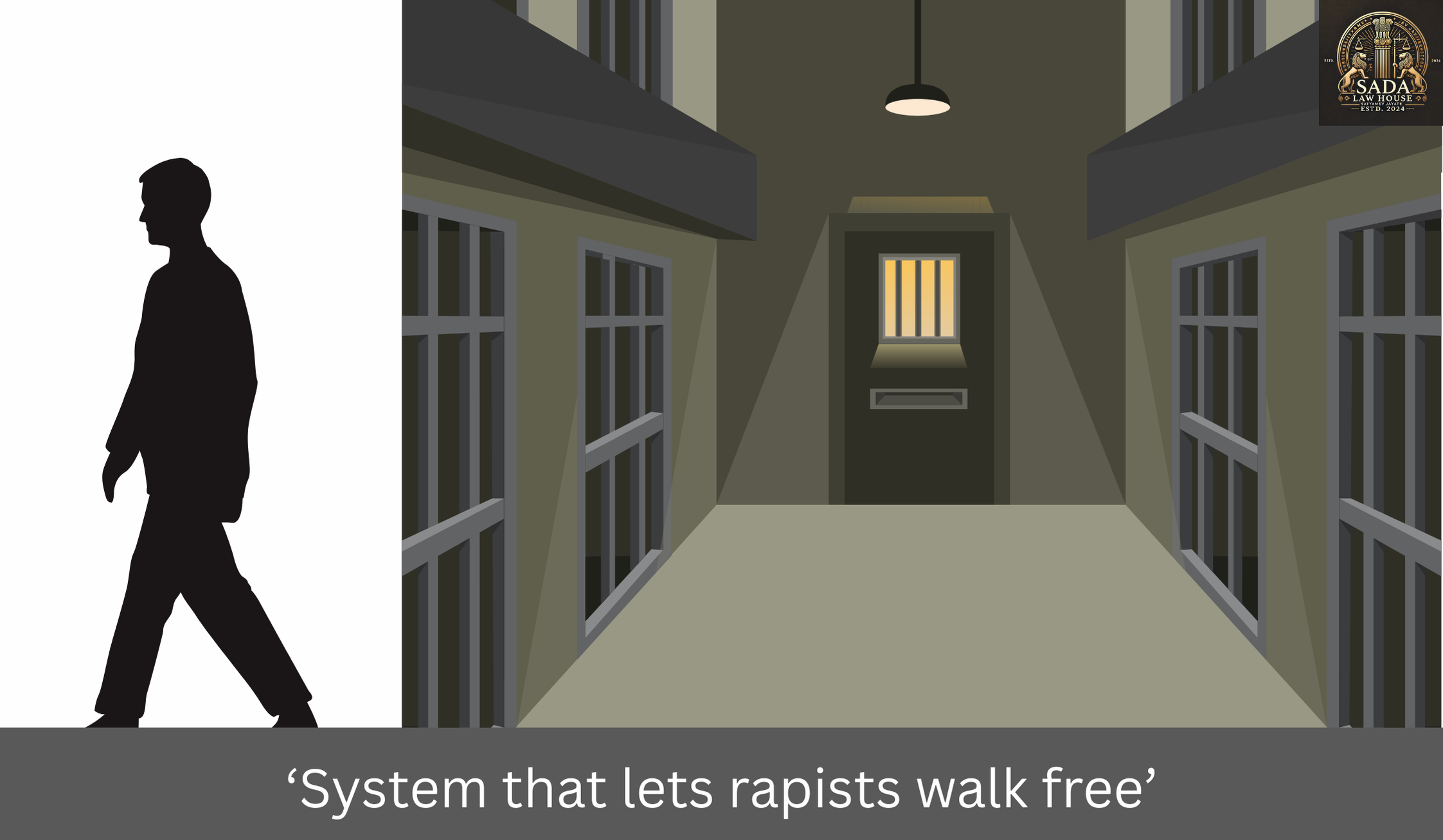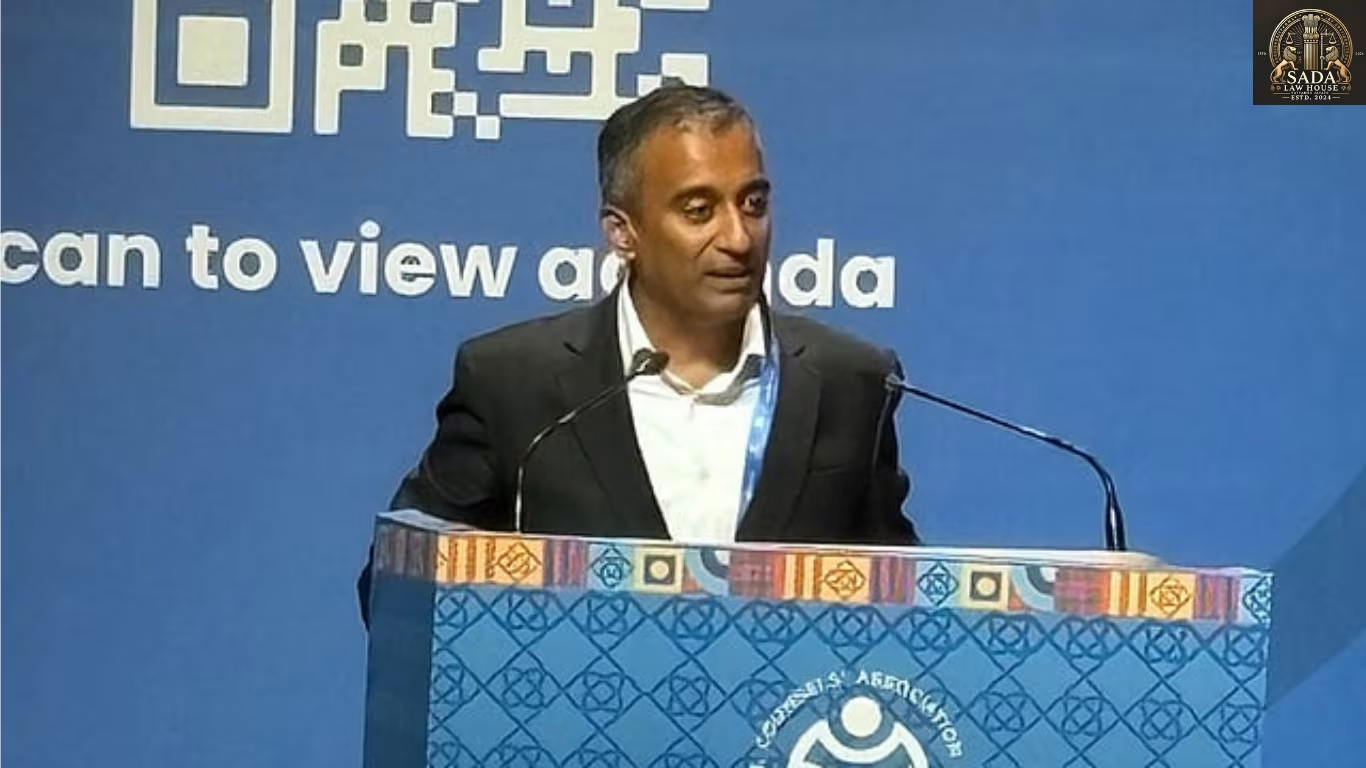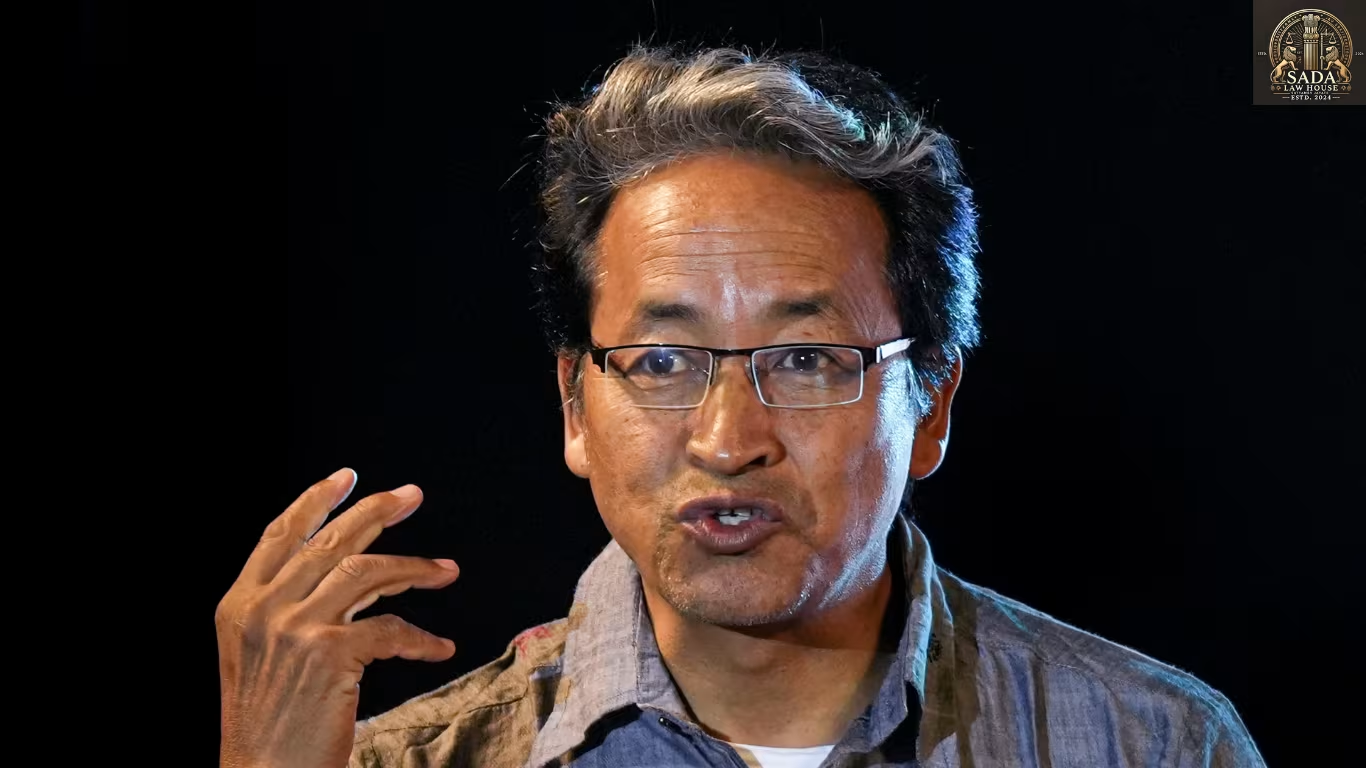System that lets rapists walk free: Supreme Court Restores Conviction of Men Who Raped 12-Year-Old
- Kashak Agarwala
- 01 SEPTEMBER 2025

The Supreme Court restored the conviction of two men for repeatedly raping a 12-year-old girl in Bihar, overturning a Patna High Court acquittal that had relied on procedural irregularities. The Bench criticized the justice system’s failure to protect victims when technicalities outweigh substantive evidence.
Introduction
On 1 September 2025, a Supreme Court bench comprising Justices Sanjay Kumar and Satish Chandra Sharma reinstated the life sentences of two men convicted of raping a 12-year-old girl in Bhojpur, Bihar. The Court overturned a Patna High Court judgment that had acquitted the accused on procedural grounds, stressing that minor technical lapses cannot overshadow consistent victim testimony, medical proof, and documentary evidence.
Background: A Child Victim in Bhojpur
The case originated in 2016, when the girl—later found to be three months pregnant—revealed repeated sexual assaults by two men who threatened her with death if she spoke out.
Trial Court: Convicted both men under IPC and the POCSO Act, sentencing them to life imprisonment.
Patna High Court: Acquitted the accused, citing doubts over the victim’s age, irregularities in framing charges, and the joint trial process under Section 223 CrPC.
Appeal: The victim’s father moved the Supreme Court, arguing that overwhelming evidence had been disregarded.
Supreme Court’s Key Observations
Failure of the System: The Bench condemned how procedural loopholes often allow offenders to escape accountability.
Age of Victim: Oral and documentary evidence consistently established the girl’s age between 12 and 15, and the defence never challenged it in cross-examination.
Ground Realities: Courts must recognize rural inconsistencies in documents without treating them as fatal flaws.
Evidence Standard: Variations in testimony are natural; “perfect evidence” often signals tutoring or fabrication.
Systemic Sensitivity: Victims of sexual offences face double victimization—first through crime, then through insensitive legal procedures.
Analysis
Procedural vs. Substantive Justice
The ruling emphasizes that technical lapses cannot override the pursuit of justice in heinous crimes like child rape.Judicial Sensitivity
The judgment reinforces the need for courts to interpret evidence with sensitivity toward women and child victims, acknowledging social and rural realities.Warning to Appellate Courts
Higher courts must avoid mechanically overturning convictions and instead assess whether genuine failures of justice occurred.
Representation
For the Appellant: Advocates Daksha Kumar, Tanishq Mehta, Deepak Kumar, Ankita Baluni, Sonakshi Monga, and Aftab Ali Khan.
For the Respondents: Advocates Talib Mustafa, Raksha Agrawal, Divyansh Mishra, Kumar Saurav, Lzafeer Ahmad BF, and Manish Kumar.
Outcome
The Supreme Court restored the trial court’s conviction and life sentences, rejecting the High Court’s reasoning as “misplaced and unsustainable.” The judgment sends a clear message: procedural technicalities cannot be weaponized to shield perpetrators of sexual violence, especially against minors.







